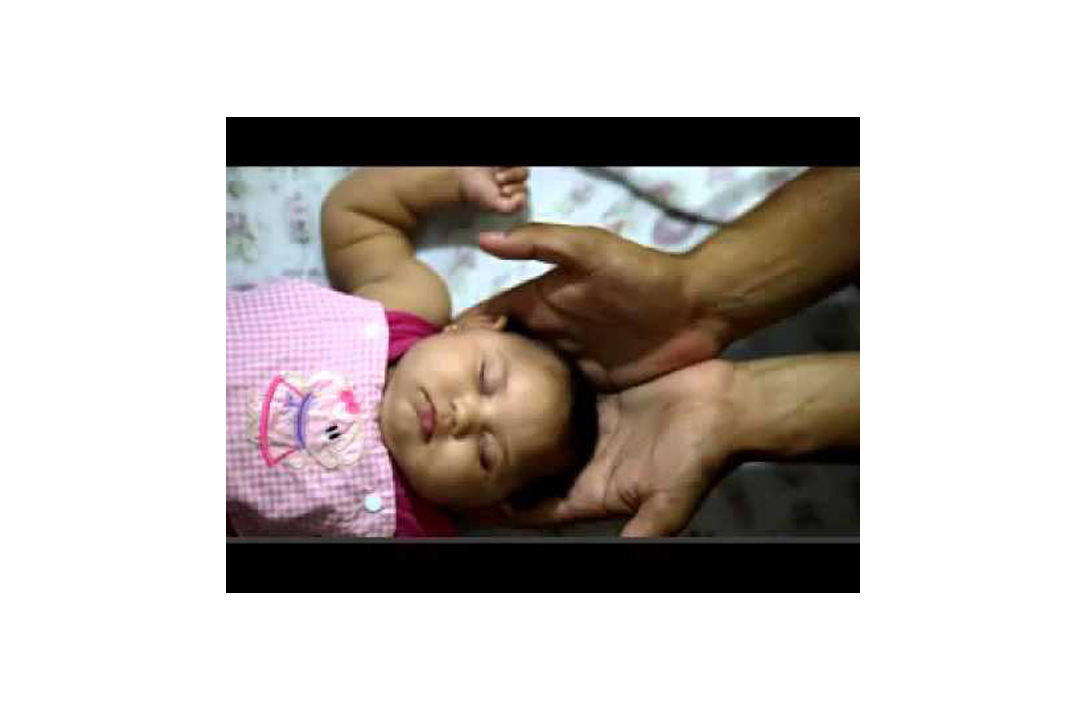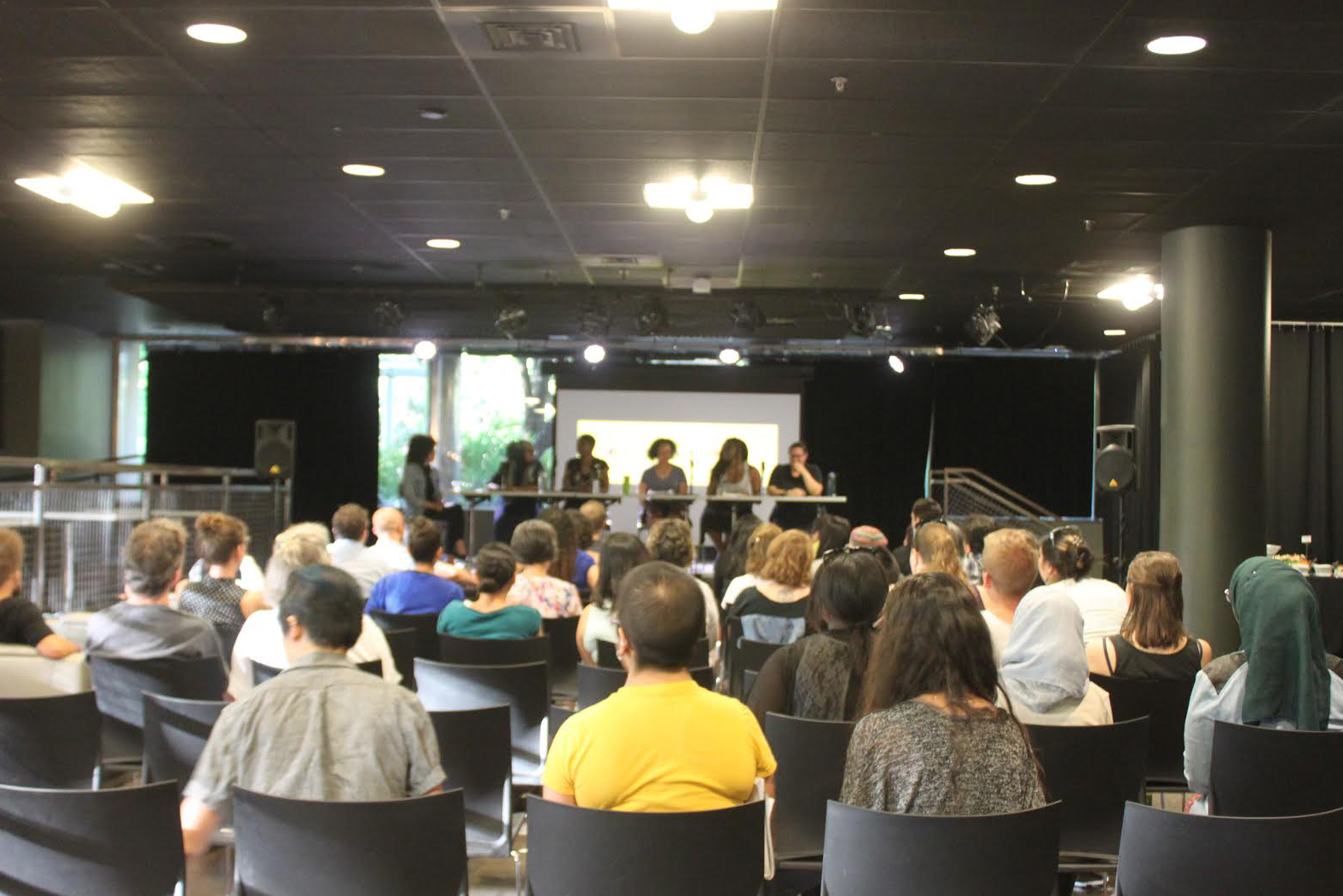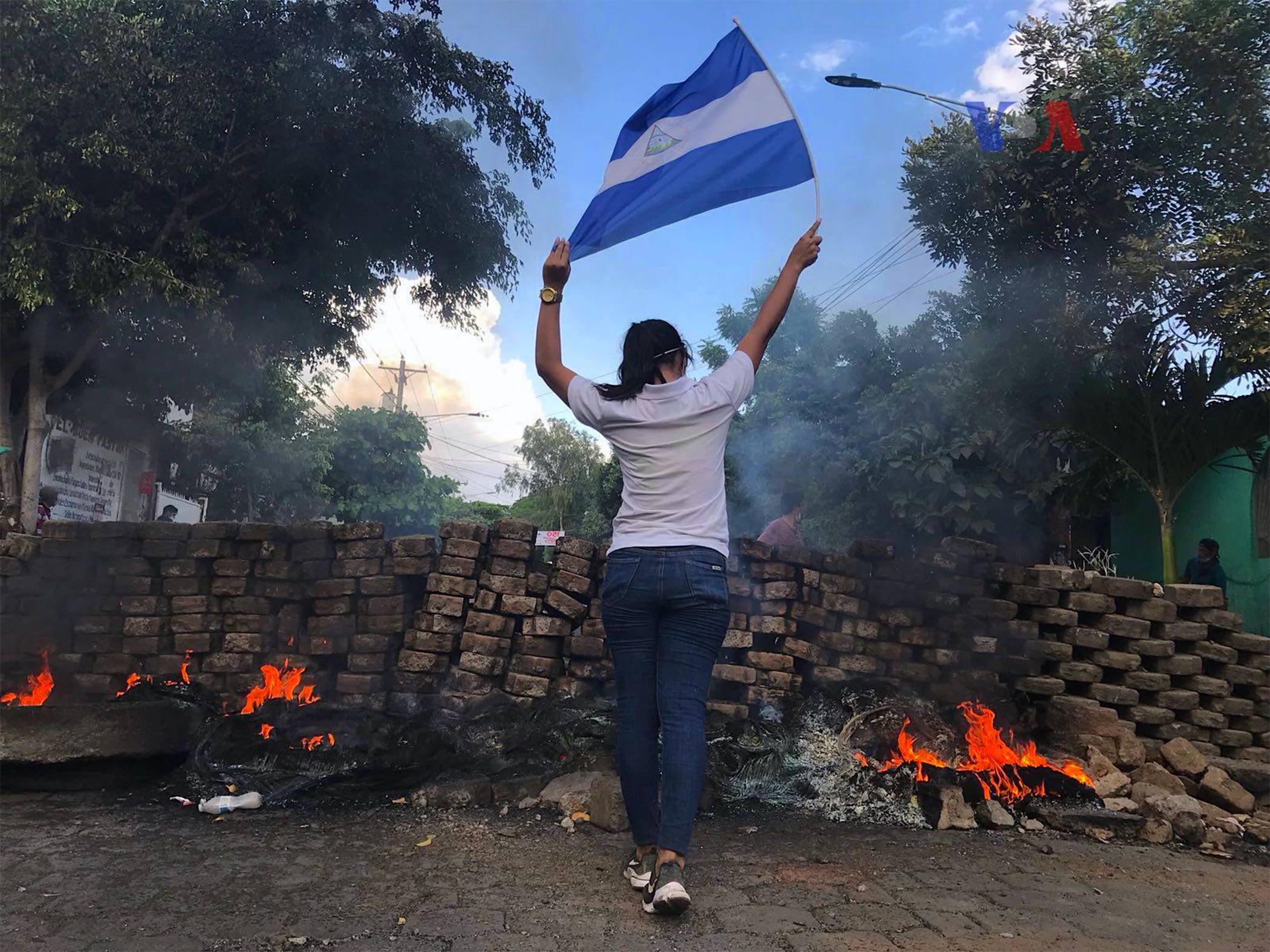Pediatric cardiologist Sandra Mattos has developed a medical system that is helping thousands of babies suffering from the Zika epidemic in Brazil. Mattos has increased access to specialized medical care through the system of telemedicine.
A few years ago, Mattos established the Heart Network, based on her experience with telemedicine outside of Brazil.
“Using telemedicine, you can concentrate the expertise in some areas and spread it to much bigger areas, and more people will benefit from it,” said Mattos in an interview with NPR News.
Telemedicine is a cost-effective method of connecting patients with health care providers to receive diagnosis and treatment via computer or smartphone devices.
This system allows Mattos to check in on her pediatric patients from her laptop. Through split a screen monitor, Mattos is able to see multiple hospital rooms around Brazil’s northern Paraiba state. Because she is able to diagnose and treat patients without requiring them to physically be there, Mattos provides help for more people, including those who live in remote communities.
Mattos’ system is addressing one of Brazil’s biggest obstacles in combatting the Zika crisis: logistics. Due to ineffective infrastructure and unequal access to health care, it is very hard for a family suffering from Zika-related defects to seek help. For families living in remote areas, it is especially inconvenient to see a specialist at a clinic hours away from where they live.
Since this system was put into effect, 127,000 infants with heart conditions have received care.
This network was adapted to deal specifically with one of the biggest problems in the state of Paraiba—transporting infants with congenital heart defects to hospitals to receive necessary care. The system involves 22 regional hospitals and more than 100 doctors who provide around-the-clock care. Such consistent provision of care is made possible by transportation methods that deliver specialized equipment to facilities in rural communities.
Vehicles delivering specialized care to remote areas are called “echo taxis.” Every week, three echo taxis go to three villages in the countryside of Brazil where temporary pediatric cardiology clinics run for the entire week. With equipment delivered, the local health workers, who received training in the operation of this equipment, are able to diagnose and treat patients with the supervision of the specialist doctor via telemedicine.
Using data analysis, specialist doctors can determine patients who need to be seen in person. This system allows smaller clinics in various locations to avoid overcrowding and unnecessary visits to big clinical centers that are often far away.
Big data on infant health was unavailable in Brazil before Mattos’ program.
Due to the success of this system in cases of pediatric heart disease, it could easily be utilized when Zika outbreaks occur. Due to the Zika virus, there are superfluous cases of microcephaly (abnormal developments in the brain of infants).
Because Mattos already has access to rural areas through her program, providing care to patients with brain complications instead of heart problems has been an easy changeover. Echo taxis have begun delivering equipment to treat infants and specialist cardiologists were substituted by neurosurgeons.
Furthermore, the system’s collection of big data associated with babies and Zika-related birth defects in the region of Paraiba became important analyzable information.
Telemedicine saves time, money and resources that it takes to train specialist to provide care.




